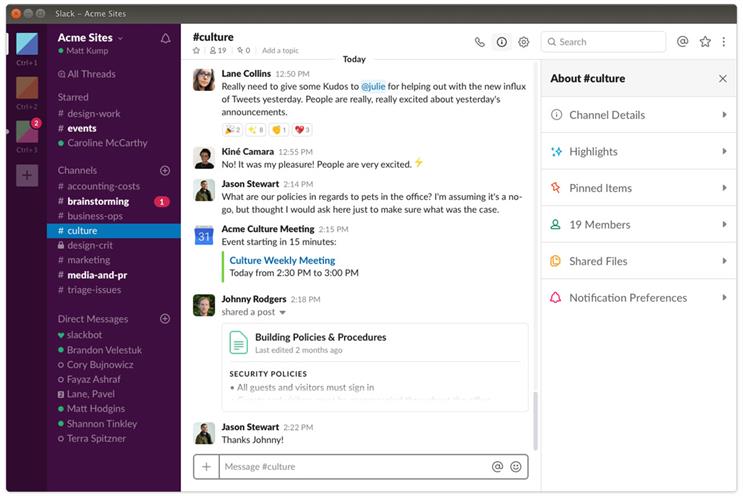Have you noticed how efficient everything is? If you want to chat simultaneously to account teams or designers in Nairobi, Nebraska and Northamptonshire, you can set up a Zoom meeting in seconds. Slack is perfect for sending elements of a work in progress Keynote to everyone from the board account director to the freelance art director. And what could be better than Google Docs for providing an open forum to make immediate changes to that global briefing template?
So why does all that efficiency feel so darned inefficient?
As an agency founder, creative director and occasional copywriter, I’ve noticed these tools arriving in our lives like water: initially helpful in small amounts, but then filling our working days up to the brim until we feel as if we’re drowning.
Twenty years ago there were very few working distractions beyond your central task. Creatives just had to come up with ideas for ads, then make them; traffic managed to organise that process by popping into the office every so often to remind the team of approaching deadlines; planning seemed perfectly capable of providing a brief without asking everyone in the agency to contribute to it; and account management’s highest priority was making sure the client was happy enough to buy the work.
Now those abilities have been reduced by the need to do other stuff. Take 100% of your working hours and reduce them by the time it takes to attend a video conference (including eight minutes of waiting for someone else to leave a meeting room, 10 minutes of patching in Budapest and Sydney, and 12 minutes of asking people if they can please "say that again; we just lost you around the last sentence where you were talking about cheese").
You now have 85% of your hours left. But what’s this? The client has sent the team a message on Slack: she wants to know if you’ve seen this article by Malcolm Gladwell in The New Yorker. Should you read it? Well, it’s 7,000 words long, and you still have to get through that Vimeo short film she sent around yesterday, so maybe a quick 45-minute skim so you don’t look like you’re ignoring the person who approves your work.
Sixty-eight per cent remaining. But now that presentation you shared on Google Docs has 14 comments on it from the assistant account exec. Do you pay attention to all of them, or just ignore him? Hmm… the latter is so tempting, but the whole point of Google Docs is to "democratise the working process" and "make sure we don’t work in silos", with just a touch of "great ideas can come from anywhere". Sure, you might have years of experience and reams of research to support your version of things, but you promised to play nice, so you spend an hour gently answering each point.
Fifty-three per cent. An email has arrived. Why haven’t you responded to the deck slides that were added to the new Slack channel? They were sent two hours ago, you know. Yes, the team gets that you’re in an edit, but there’s plenty of time to look at your phone while someone shaves six frames off the packshot. Respond to the email, add yourself to the new channel, look at the slides, make comments that convey both your perspicacity and your enthusiasm, and get back to addressing the comments about the kerning on the legals. No, not those legals, the ones for the German Instagram Carousel.
But hey! Thirty-two per cent of your working day is plenty of time to come up with a BIG, media-neutral, cross-channel idea (in Keynote, please, with appropriate references, or maybe a ripomatic to "bring it to life"), or a stunningly astute strategy (also in Keynote, with plenty of graphs and annotated references in 45-point fuschia, if you don’t mind), or meet your new client (over video conference in Mumbai, where you can really connect with each other).
I think we can all agree that you can now do more, but is that more of what really makes a difference? More of what you’re great at? More of what you were hired to do?
Very possibly, but if it isn’t, perhaps you should start asking if all that "more" is strictly necessary. The people implementing the new systems could have a good hard look at the ultimate effect they are having. The people using them could ask if they really have to be involved in every single one, and whether each new request will actually improve their ability to produce excellent work. And overall it might be an idea to ask why, if these new tools are necessary, the ads were far better before they arrived.
Ben Kay is co-founder and creative director of Invincible Unicorn.


